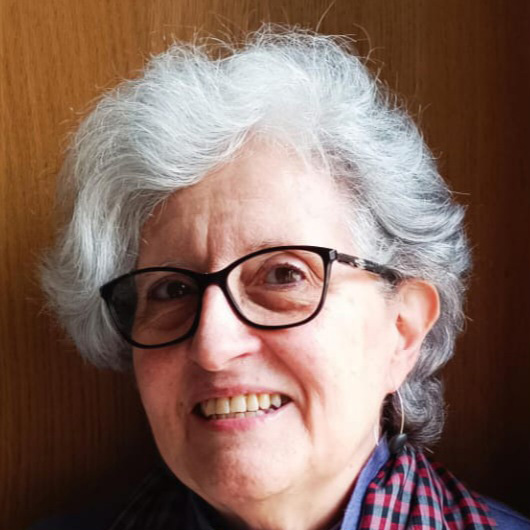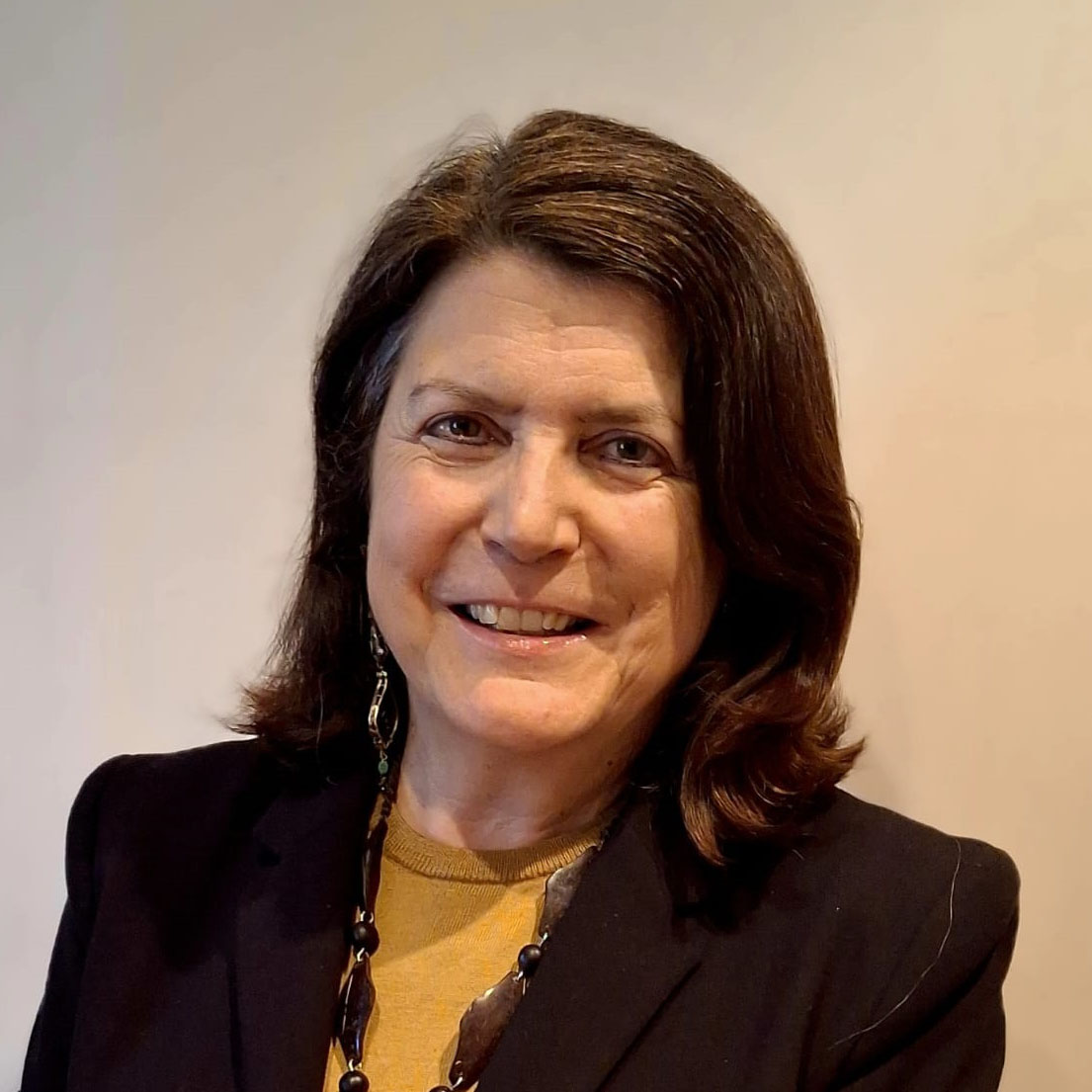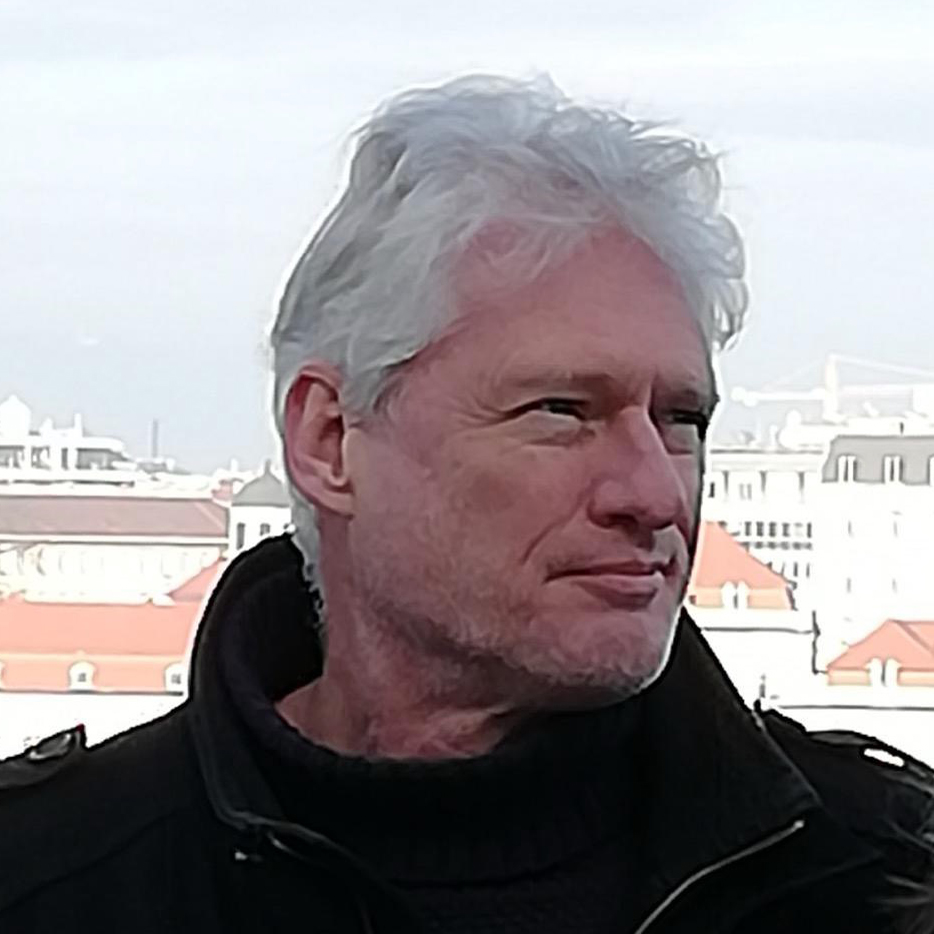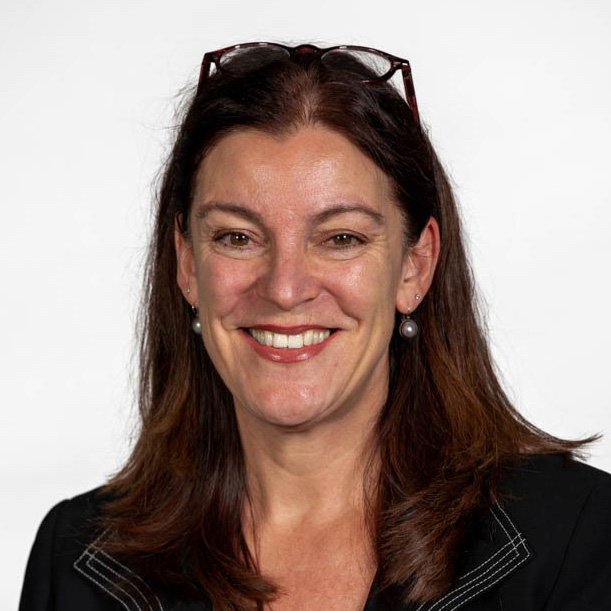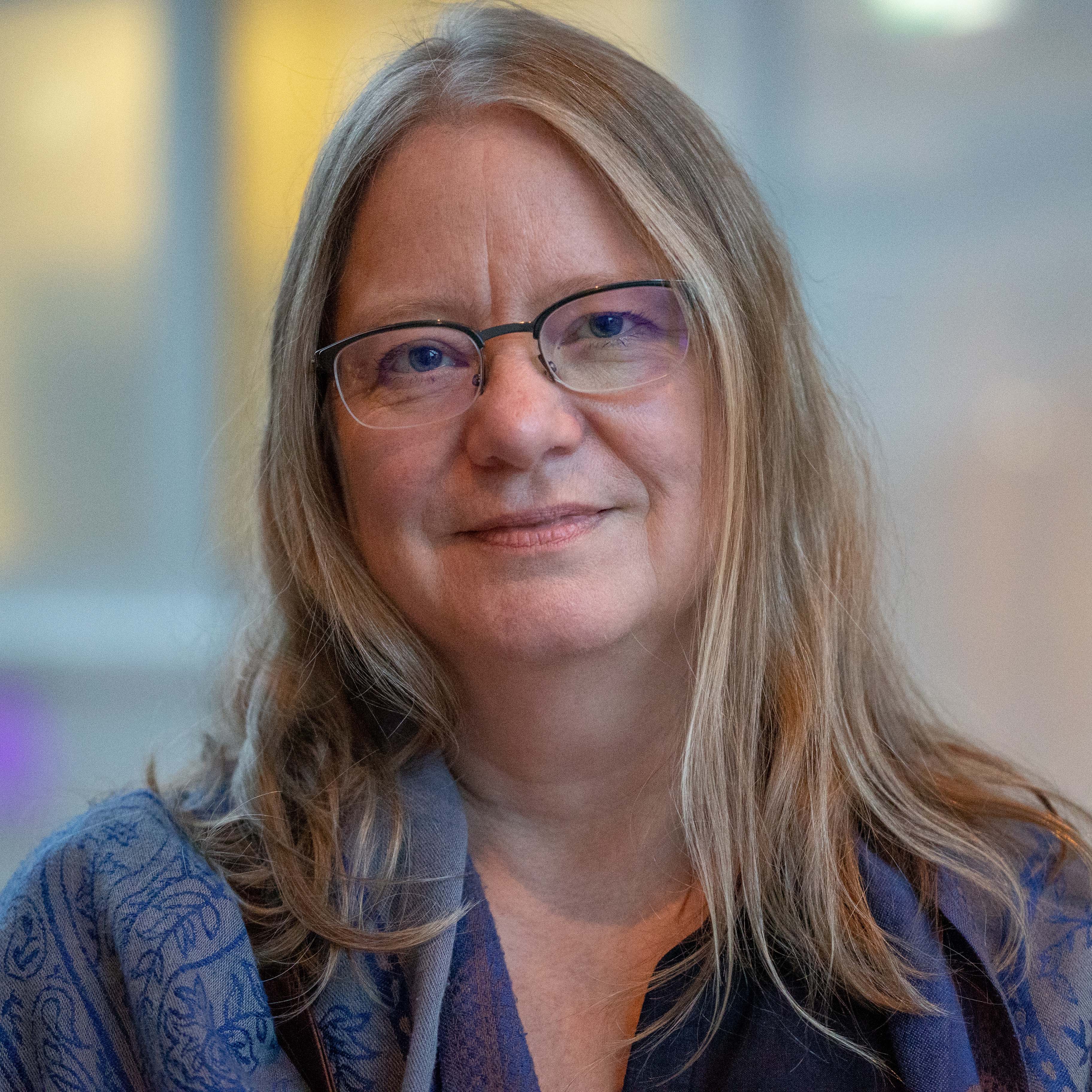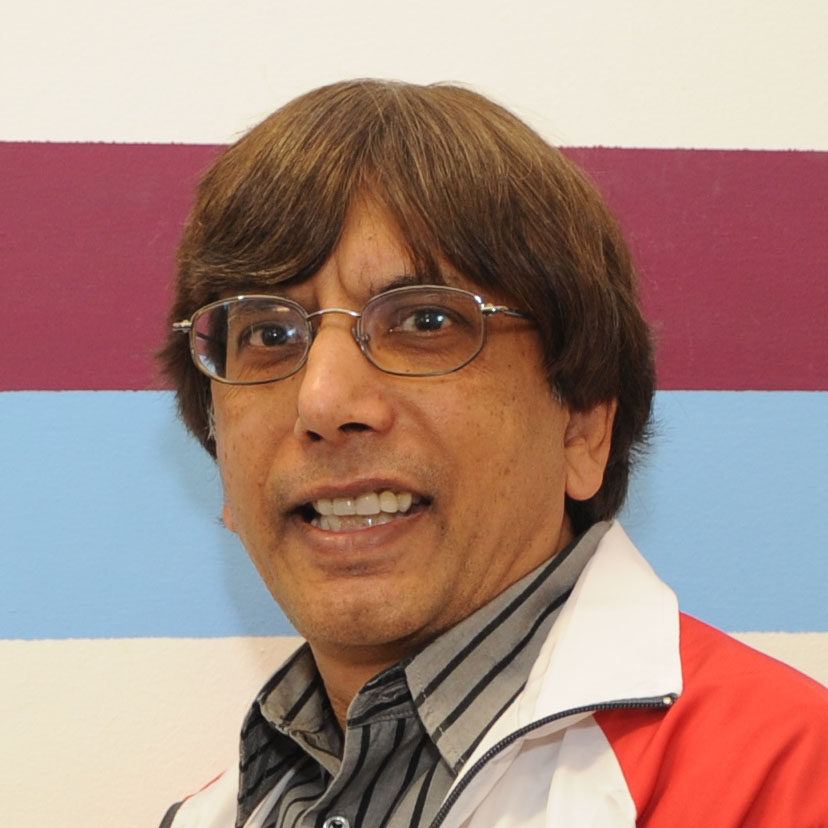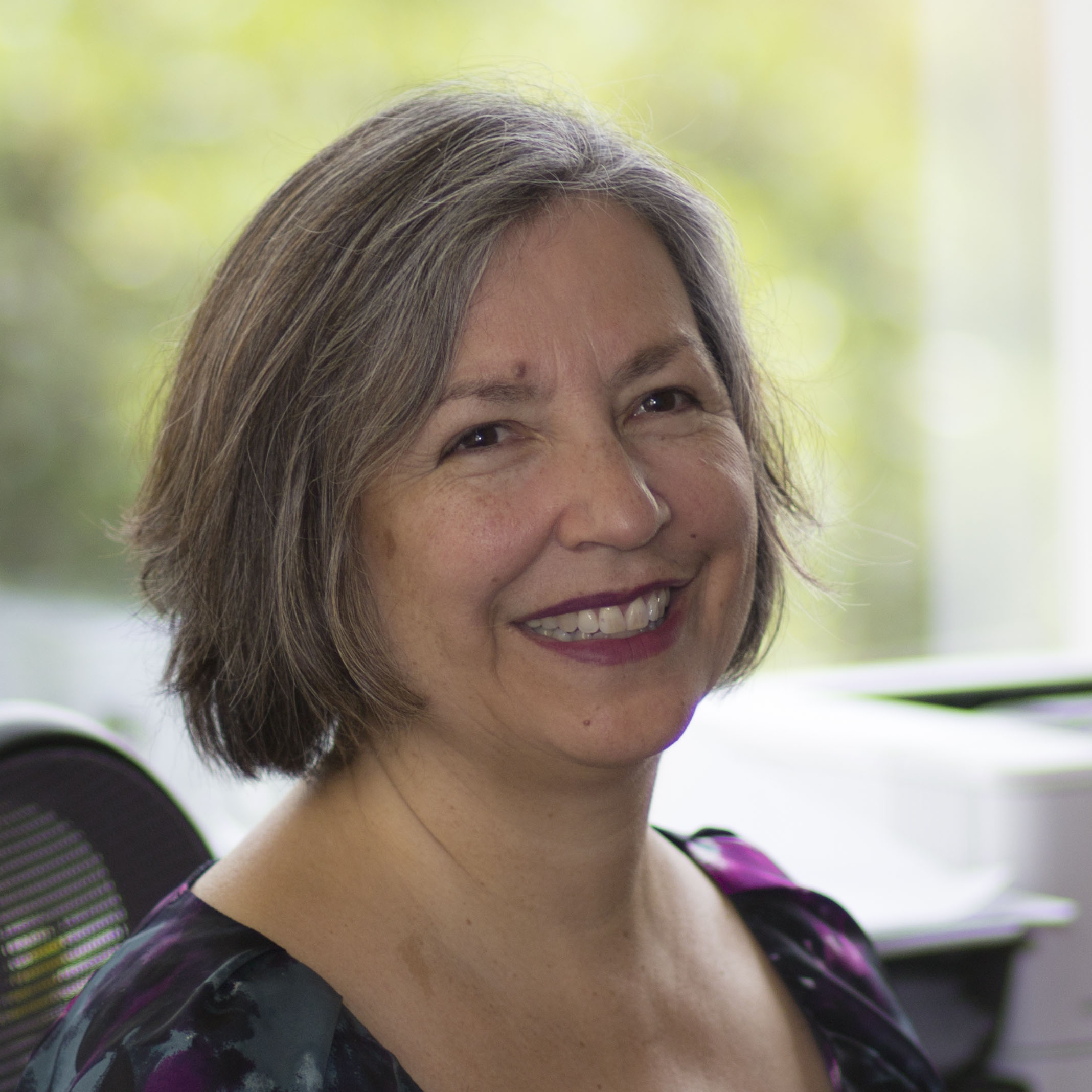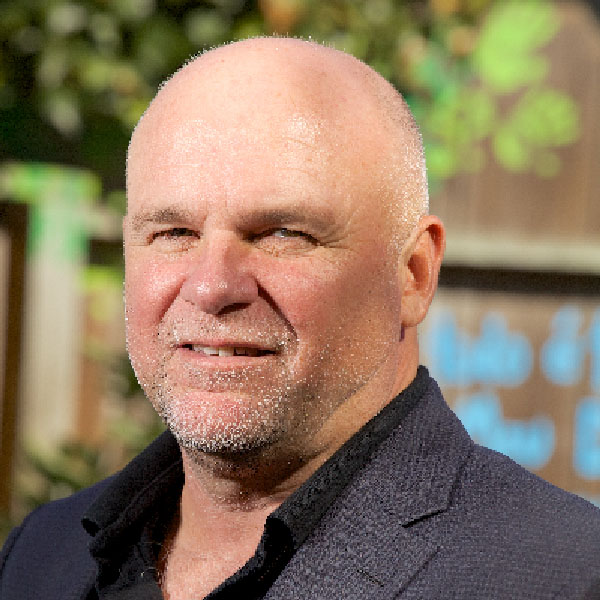
Anthony Pym
Bio
Anthony Pym is Distinguished Professor of Translation and Intercultural Studies at Universitat Rovira i Virgili in Catalonia, Spain, Extra-ordinary Professor at Stellenbosch University in South Africa, and Honorary Research Fellow at the University of Melbourne, Australia. He has participated in a series of research projects on healthcare and emergency messaging in Melbourne, where more than 270 languages are spoken. He has recently published How to Augment Language Skills (Routledge, 2025, with Yu Hao), which seeks the integration of machine translation and generative AI into all language learning, and Risk Management in Translation (Cambridge University Press, 2025), which argues that translators should take more risks, including with translation technologies. He holds a doctorate in sociology from the École des Hautes Études en Sciences Sociales, Paris, and was President of the European Society for Translation Studies from 2010 to 2016.
The social role of bilinguals in building cross-cultural trust
The COVID years saw a shift in multilingual communication policies in many countries, including Australia, where the work of professional translators was supplemented with funding for community-based mediation practices. Bilinguals are clearly engaged in both kinds of communication, but the relation between the two is not without tension and in some cases gives rise to open debate.
One way to understand the different roles is to analyze the implicit appeals made to the trustworthiness of the bilingual translator or mediator. On the one hand, the professional translator claims accuracy to the text based on their own institutional qualifications and language skills. This seeks ‘thin trust’, since the trustee is known only as a professional translator. On the other, the community-based mediator claims to convey a personally understood truth and seeks to be trusted as a community member, as has traditionally happened when one generation of immigrants prepares the way for the following one. They seek various kinds of ‘thick trust’, based on multifaceted social relations. Shadowing both these roles, one also finds active distrust in translators and mediators, which in turn can be thick or thin.
These distinctions help explain the different discursive practices we identified through extensive interview studies of the way healthcare messaging was received in different ethno-specific communities in Melbourne. Different kinds of trust and distrust come to the fore in different language communities, often in accordance with variable trust in institutional authority in the different home countries. In terms of multilingual communication policy, this can lead to problematic role confusion unless policies pay careful attention to consultation and co-design in the funding of mediation activities.
Our research shows that the apparent opposition between professional translators and non-professional community-based mediators is in many respects superficial. Its more contentious aspects can be mitigated by providing untrained mediators with short-term training in translation ethics and situation management, to complement the basic language skills that come with heritage bilingualism.




